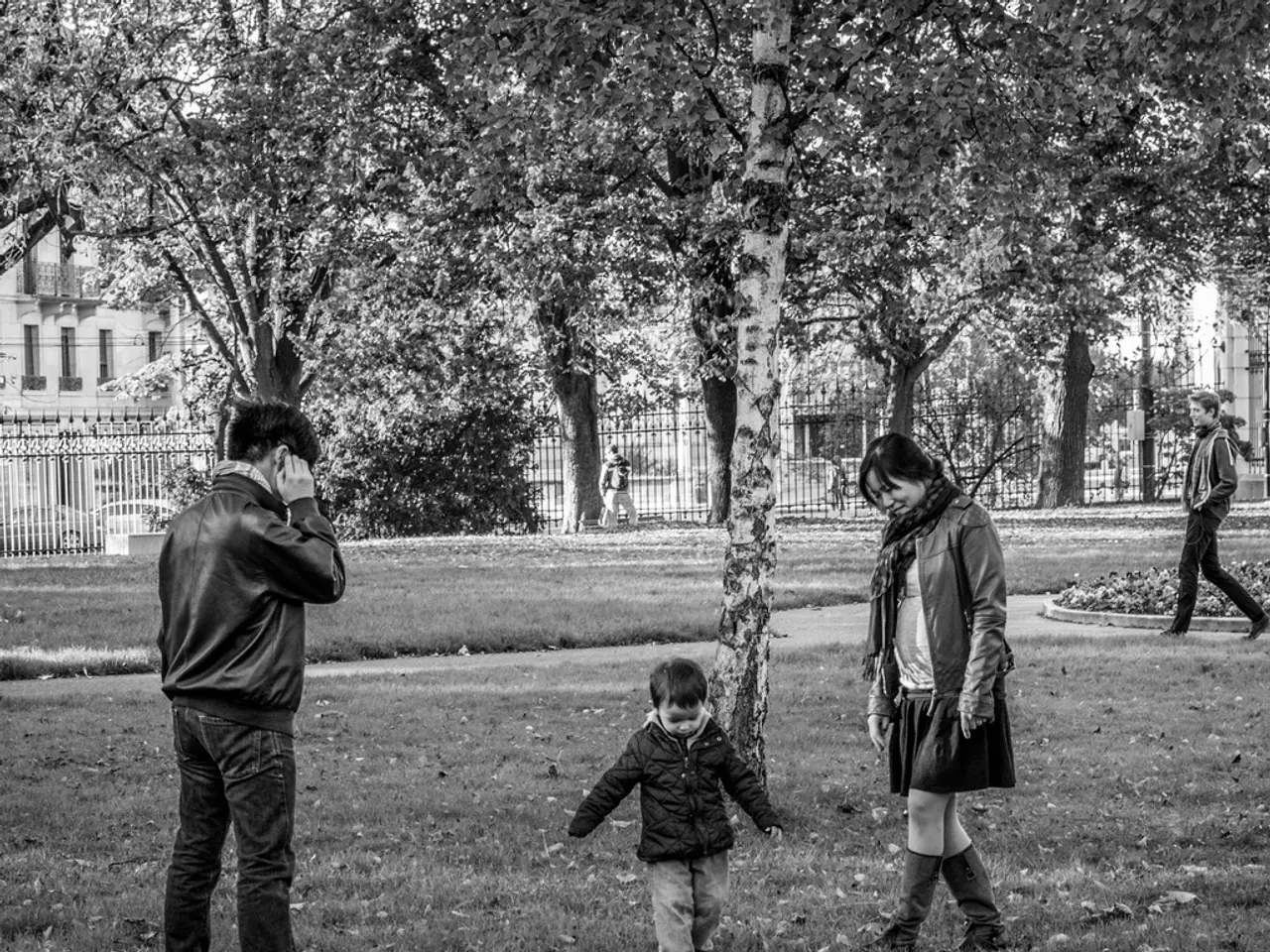Senior Gardening: A Safe, Calming, and Empowering Pursuit
In the golden years, gardening can offer a wealth of benefits for seniors, providing both physical and mental well-being. By adapting gardening practices to cater to the needs of seniors, this activity can become a safe, soothing, and strengthening pastime.
**Safe Gardening Practices**
To ensure gardening remains a safe and enjoyable experience, consider implementing a few adjustments. Using raised beds or containers minimises the need for bending and straining, reducing the risk of injury and strain on the back. Creating safe, stable pathways with level, wide, clear surfaces, slip-resistant materials, handrails, and raised edges can further reduce the risk of falls and injuries. Providing comfortable seating near garden areas encourages seniors to rest while tending to their gardens, promoting a relaxed gardening experience.
**Soothing Gardening Experiences**
A tranquil garden setting, complete with water features, wind chimes, or soft lighting, can create a peaceful atmosphere. Engaging in mindfulness practices, such as meditation or deep breathing, while gardening can enhance relaxation and reduce stress. Encouraging social engagement through gardening groups or communal projects can combat loneliness, fostering a sense of connection and belonging.
**Strengthening Gardening Activities**
Incorporating tasks that promote physical movement, such as watering, deadheading, or harvesting, can improve flexibility and strength. Utilising ergonomic tools with grip tape or handle extensions can make gardening less strenuous. Engaging in garden planning and design can challenge the mind and prevent cognitive decline.
**Accessible Gardening for Seniors**
Vertical gardens, tabletop gardens, wheeled planters, and garden aprons with pockets can make gardening more accessible for seniors with limited mobility. Spending time with plants can also improve physical health and mobility for seniors by supporting low-impact movement.
Gardening offers light aerobic activity that contributes to cardiovascular health. It can be a simple and satisfying hobby, allowing seniors to grow their own food and connect with nature. Starting small with one new plant at a time, gardening in short sessions, and asking for help can make this activity enjoyable and less overwhelming for seniors new to or returning to gardening.
By implementing these adaptations, gardening can become a safe, soothing, and strengthening activity for seniors, promoting both physical and mental well-being throughout the golden years. Protecting seniors from heat and sun by encouraging gardening in early morning or late afternoon, providing shade, using sun protection, and keeping water nearby can help prevent heat exhaustion and sunburn. Gardening offers mental and emotional benefits, such as reducing symptoms of anxiety and depression, improving focus and memory, promoting a sense of purpose, and enhancing overall mood.
Implementing skincare routines can help protect seniors' skin from the elements while gardening. Wearing sunscreen and appropriate clothing, such as long sleeves and wide-brimmed hats, can prevent sun damage and keep the skin healthy.
Incorporating essential therapies and treatments, like aromatherapy or listening to calming music, into gardening sessions can further enhance the relaxation and mental health benefits. Cultivating a garden that is rich in nutritious plants can support a healthy lifestyle, providing fresh produce for meals and promoting better nutrition.
Remembering to prioritize mental health is crucial during the golden years. Seeking help for issues like depression or anxiety through counseling or therapy can be beneficial. Encouraging good mental health habits, such as practicing gratitude, mindfulness, and taking breaks to enjoy the garden, can help foster overall well-being.
Prioritizing personal growth and education is equally important in this phase of life. Engaging in reading materials about gardening, composting, nutrition, and other related topics can help seniors learn and grow. Participating in workshops or seminars, both in-person and online, can offer opportunities for further education and networking.
Ultimately, making gardening a part of a comprehensive lifestyle approach can lead to numerous benefits for seniors. By incorporating fitness and exercise, mental health practices, self-development, and nutrition into the gardening experience, seniors can enhance their well-being and enjoy a more fulfilling, purposeful golden years.




